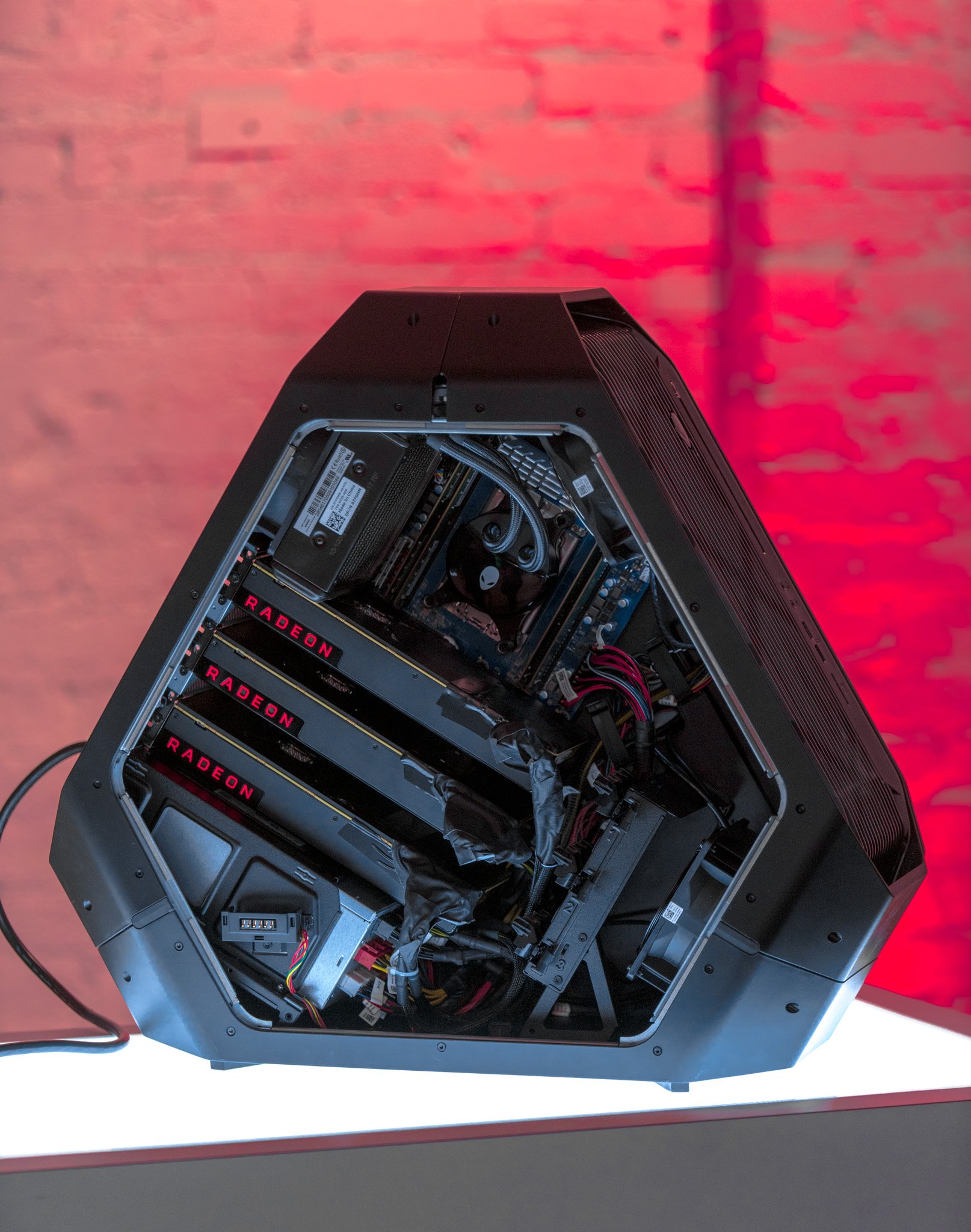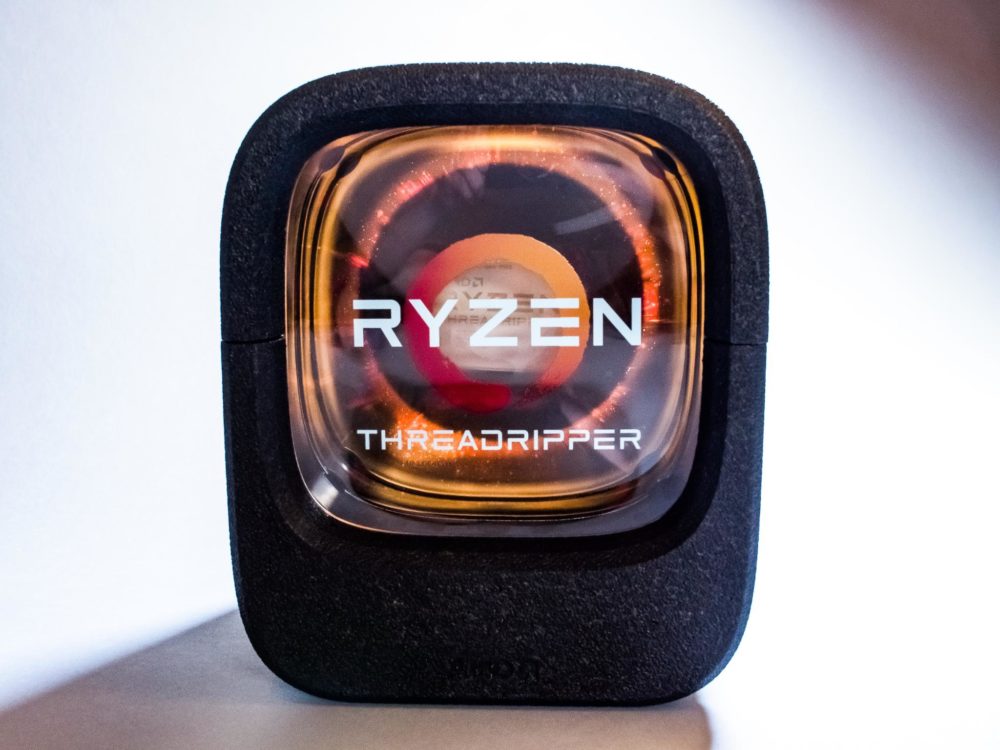I just finished my new Ryzen 7 1700 build.
Ryzen 7 1700
ASUS PRIME-B350-PLUS motherboard
64GB (4x16) G.Skill Ripjaws V DDR4 2400
(I know probably a lot slower than most here would choose but I wanted 64GB so compromised on the speed somewhat...this was still the most expensive component of the entire build)
Zotac GeForce GTX 1050ti 4GB mini video card
Samsung 850 Evo 500GB SSD
Toshiba 7200RPM 6TB HDD
LG BH16NS40 Blu-Ray/DVD/CD Writer/DVD writer
Corsair CS750M power supply
Corsair SPEC-02 ATX midtower case
Windows 10 64bit Home
$13 Best Buy clearance USB keyboard and mouse (kind of like it though)
https://pcpartpicker.com/list/pDRtTH
My AMD Athlon 64 x2 PC was over 10 years old. Figured it was time for an upgrade. I wanted a system mainly for a media and backup server for home. I'm also planning on running Ubuntu in a VirtualBox VM. Just finished the build and software and driver installation today. I setup a 10GB ram drive that I'm using for my Plex Media Server transcoding temp directory as well as moving my Chrome profile and cache there and then persisting it on the HDD when I shutdown. Plex has never looked so good. Transcoding set to "Make my CPU hurt". It's fun to see all 16 logical cores get to work when I start a stream. (They don't have to work too long...they make short work of it)
So what do you all think? Did I cut too many corners on the motherboard, memory speed, and video?
So far, I'm quite pleased with it. There is a world of difference between it and my decade old previous system.



























